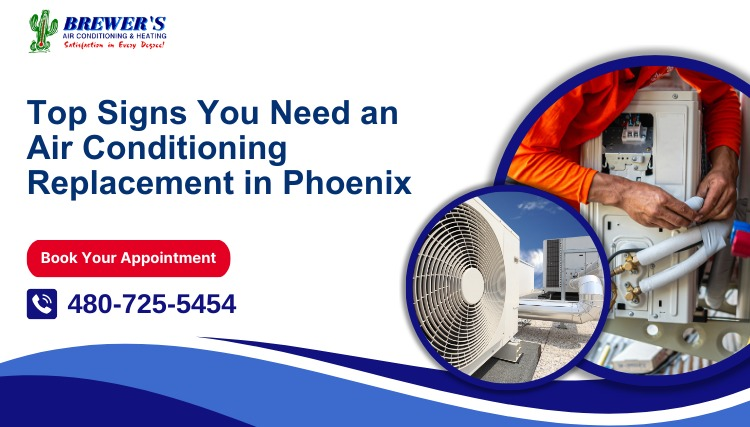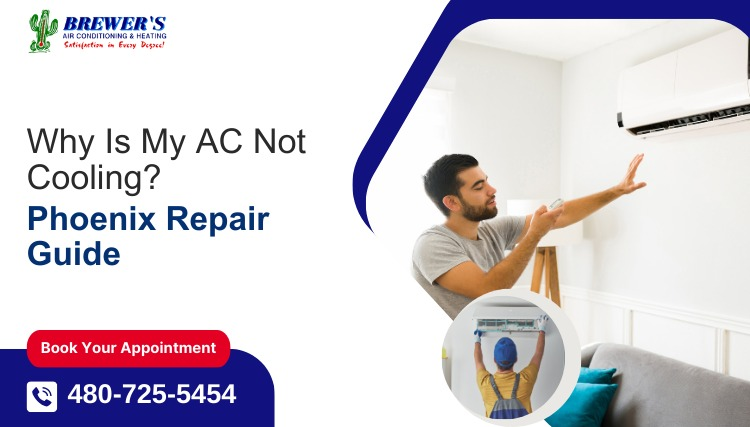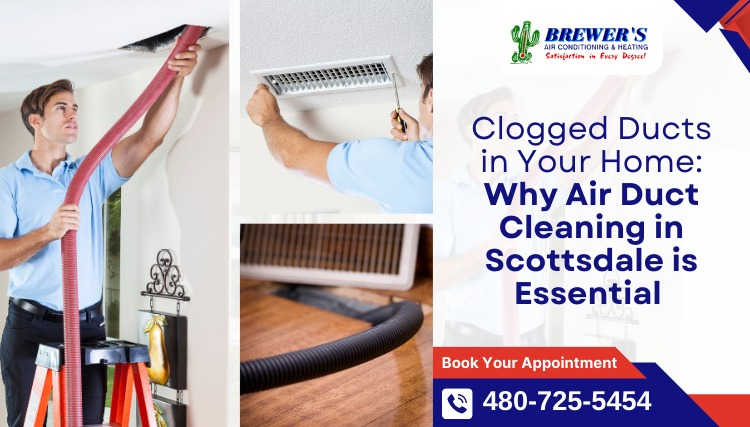
As fall approaches, it’s time to prepare your HVAC system for the changing weather. One essential task you shouldn’t ignore is changing air filters before fall. Clean air filters are crucial for keeping your home’s air clean and your HVAC system working efficiently. Regular seasonal air filter replacement also helps extend the lifespan of your system and can save you money in the long run.
Below, we’ll explore why it’s so important to replace your air filters before the colder months set in and provide some useful fall HVAC maintenance tips.
What Happens If You Don’t Change Your Air Filters?
Air filters in your HVAC system play an important role in keeping your home’s air clean. They trap dust, pet hair, pollen, and other tiny particles that float around in the air. But over time, air filters get clogged with these particles, making it harder for your system to function effectively. If you don’t replace your air filters regularly, you might face problems such as:
- Poor Indoor Air Quality
When air filters get too dirty, they can no longer trap dust and other pollutants effectively. As a result, these harmful particles circulate throughout your home. This can cause issues, especially for people with allergies, asthma, or other breathing problems. The importance of clean air filters can’t be overstated when it comes to maintaining a healthy home environment. - Decreased Energy Efficiency
A clogged filter makes your HVAC system work harder to push air through the filter. This increased effort means your system uses more energy. According to the U.S. Department of Energy, replacing a dirty filter with a clean one can lower your HVAC’s energy consumption by 5% to 15%. To save money on your energy bills, make HVAC air filter replacement a priority this fall.Wear and Tear on Your System
When your HVAC system has to work extra hard to push air through a dirty filter, it can lead to mechanical issues. Parts like the fan motor may wear out faster, causing you to face expensive repairs or even premature system failure. Regular air filter changes help prevent this. The importance of air filter maintenance lies in protecting your HVAC system from unnecessary strain.
How Often Should You Change Your Air Filters?
One of the most common questions people ask is, how often do air filters need to be changed before the fall? The answer depends on a few factors:
- Type of filter: If you use high-efficiency filters, like HEPA filters, they might need to be changed more often.
- Home size and lifestyle: If you have pets or a large household, your air filter will collect dust and pet dander faster, so you may need to change it every 1-2 months.
- Health concerns: If anyone in your home has allergies or asthma, you should change your air filters more frequently, around every month.
Generally, replacing your filter every 1-3 months is a good rule of thumb, but it’s always a good idea to check the filter regularly and see if it’s dirty. If it looks clogged, it’s time to replace it.
Benefits of Changing Air Filters Before Fall
- Better Air Quality
A clean filter helps reduce the dust, pollen, and other particles in your home, creating a healthier environment. This is especially important as windows stay closed more often in the fall, trapping indoor air pollutants. A simple filter change can improve the air you breathe indoors. - Consistent Temperature Control
When your air filter is dirty, it can restrict airflow, making it harder for your HVAC system to evenly distribute air throughout your home. This can lead to uneven heating, with some rooms feeling too hot while others stay cold. A clean air filter helps your system maintain consistent temperatures, which is one of the key HVAC fall maintenance tips. - Lower Energy Bills
As mentioned earlier, a clean air filter can make your HVAC system more energy-efficient. This means your system will use less power to keep your home comfortable, resulting in lower energy bills. One of the main benefits of changing air filters before fall is that it saves you money in the long run. - Fewer Repairs
A dirty filter can cause several problems for your HVAC system, such as frozen coils or overheating. These issues often require professional repairs, which can be expensive. By changing your air filters regularly, you can avoid these common problems and save on repair costs. - Longer HVAC System Life
Replacing your air filters regularly can help extend the life of your HVAC system. When your system doesn’t have to work extra hard to push air through a clogged filter, it experiences less wear and tear. This can add years to your system’s lifespan and help you avoid the costly expense of replacing your HVAC system prematurely.
Fall HVAC Maintenance Checklist
Along with seasonal air filter replacement, there are a few other things you can do to make sure your HVAC system is ready for fall:
- Check your thermostat settings to make sure they’re set for the cooler weather.
- Inspect the outdoor unit to ensure it’s clear of debris like leaves and dirt.
- Schedule a professional HVAC inspection to catch any potential issues before they become bigger problems.
Following this HVAC fall maintenance checklist will help your system run smoothly throughout the season.
Conclusion
Changing your air filters is a simple but vital part of maintaining your HVAC system, especially before fall. It helps improve your home’s air quality, lowers energy bills, and extends the life of your system. Follow a basic HVAC fall maintenance checklist and you can avoid costly repairs and ensure your home stays comfortable as the weather changes.
Don’t wait until it’s too late! Change air filters before fall to enjoy the many benefits of a cleaner, more efficient HVAC system.
For more informative discussion, contact Brewer’s Air Conditioning and Heating on 480-725-7776.











